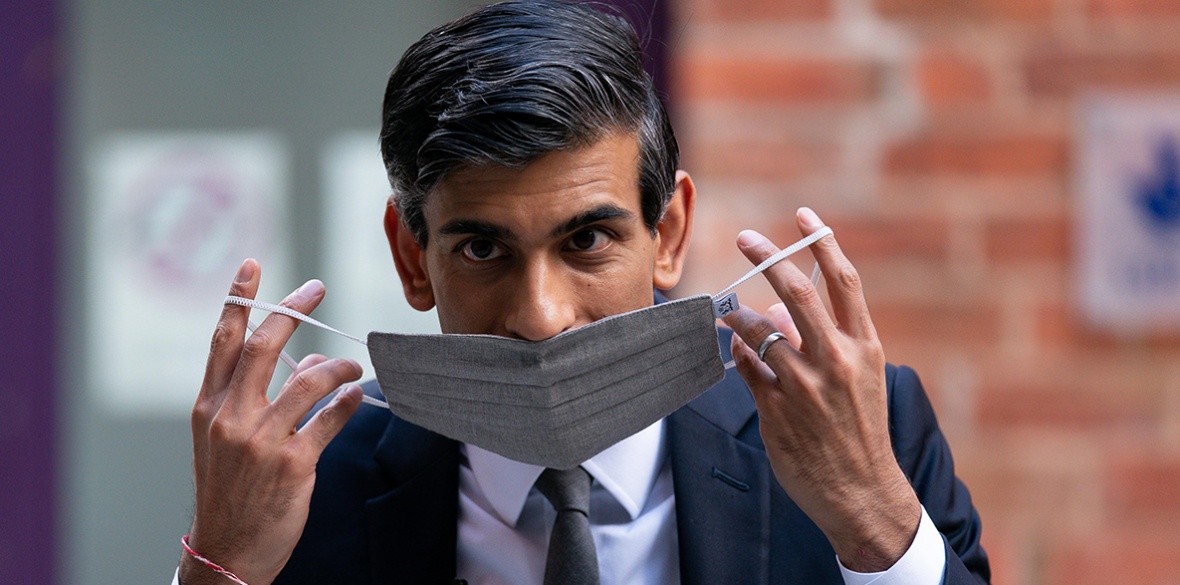RISHI SUNAK has burnished his leadership credentials with a carefully calibrated compromise over a cut in overseas aid that had stirred up a minor revolt among Tory MPs.
It is a sign that power and influence is more widely dispersed in the government and that Boris Johnson is being recast as the frontman of a shifting consensus rather than the unchallenged master of his administration.
We can speculate that if Keir Starmer’s power was not even more diluted he might, if so minded, mount a more energetic challenge to the government than he presently seems inclined to do. Nevertheless, he made the telling point that the 0.7 per cent target is relative to the country’s economic performance.
“It rises when we grow, it falls when we experience economic shock, like we have during the pandemic. Nobody in this house is arguing for overseas aid to be maintained at pre-pandemic levels,” he said.
Sunak promised that the overseas aid cut was temporary and frightened the backbench revolt with the dreaded alternative of tax rises. This was enough to snuff out resistance. It was achieved by a sly reinforcement of the discredited narrative that restoring the cut was contingent on an end to borrowing for day-to-day government spending and a fall in the underlying debt.
Same old. Same old.
The combined opposition — encompassing Labour, Lib Dem and SNP — failed, not unexpectedly, to challenge the basic premises of the government’s position.
At the level of parliament this whole debate is an exercise in unbounded hypocrisy. The UN has a target for countries to spend 0.7 per cent of their gross national income (GNI) on official development assistance (ODA). The Westminster government claims that the cost of the pandemic necessitates a “temporary” cut to 0.5 per cent of GNI for ODA in 2021.
Only a hopeless naif would think that Britain’s overseas aid programme is the disinterested charitable gifting of alms by the beneficent.
Global Justice campaigners are spot on when they characterise Britain’s aid as increasingly used to “privatise public services, fund fossil fuel projects and boost the UK’s economic power overseas in the name of the so-called ‘national interest.’ More money is going to unaccountable private-sector contractors and funds and less is going to the marginalised communities that need it most.”
In this, Britain participates in the global exercise of economic power by the major capitalist powers and the institutions through which this power is exercised.
The International Monetary Fund — the body most responsive to European, specifically EU capital — is the acknowledged champion of so-called “structural adjustment” strategies which entail forced austerity, public expenditure cuts and privatisation. In effect, it acts as an instrument to export the EU’s neoliberal economic regime.
In a division of labour, the World Bank — which is more responsive to US capital — grants so called development aid in partnership with the IMF with the avowed objective of scaling down state directed interventions in the economies of Third World countries in favour of deregulation, privatisation and market liberalisation.
The burden this package of measures imposes on the developing world is a mountain of debt, some state generated and much of it from predatory private banks.
The G20 conflab earlier this year adopted a fine-sounding statement on debt relief but “donor” countries failed to commit to legislation to compel private banks. A key campaign demand from global justice campaigners is for the British government to legislate to prevent speculators from suing developing countries in their courts.
Hiding the cuts behind the Covid-19 crisis is the epitome of government hypocrisy. Debt owed to private creditors from African governments alone could pay to vaccinate the continent three times over.












